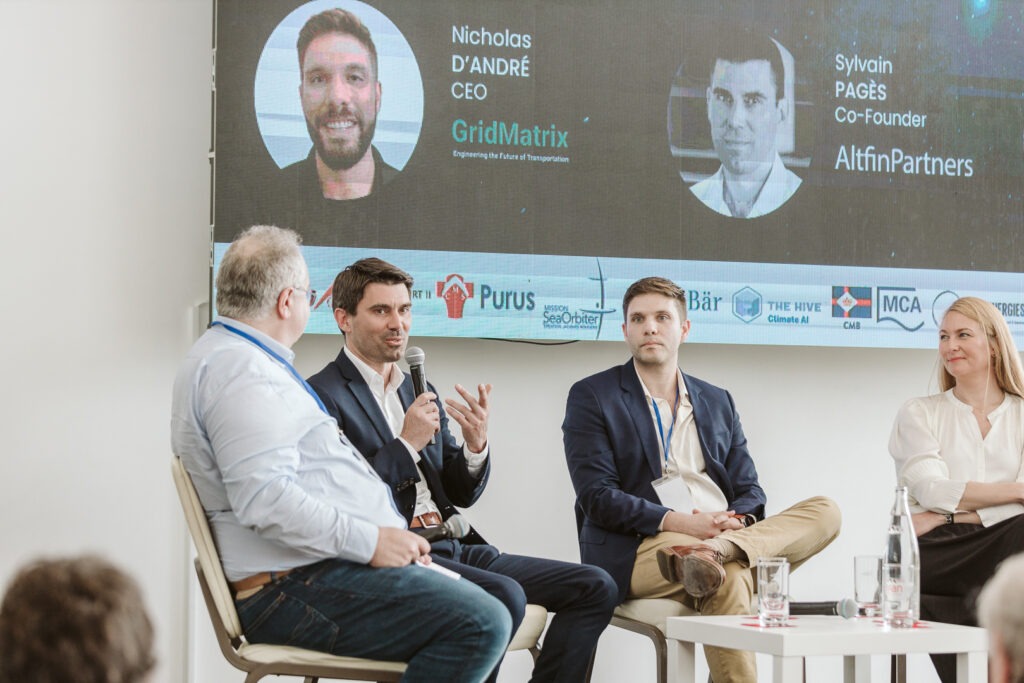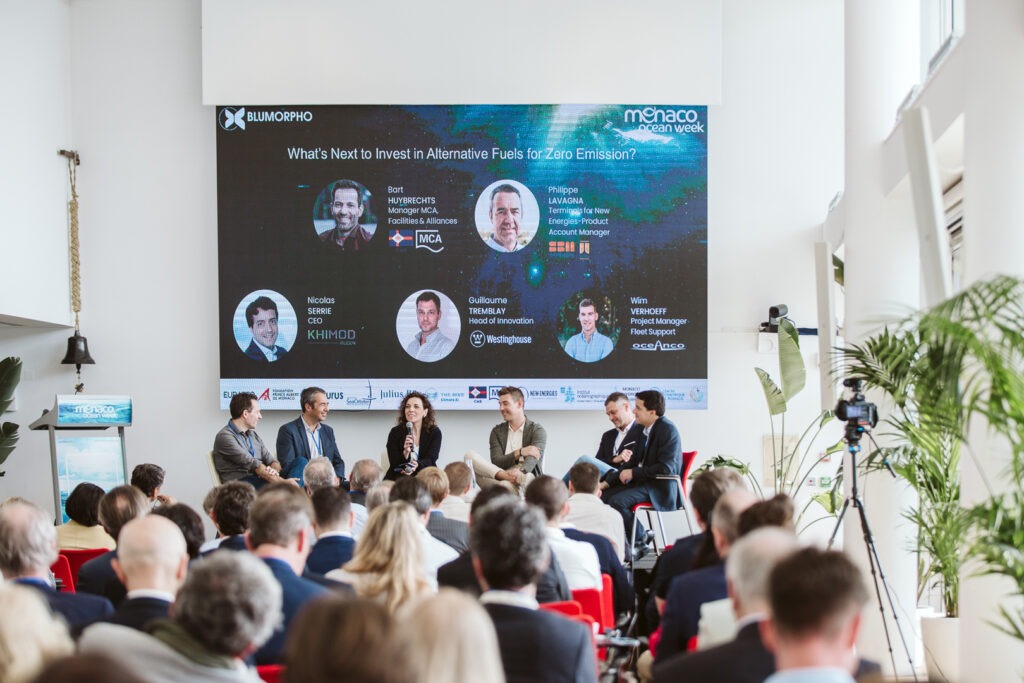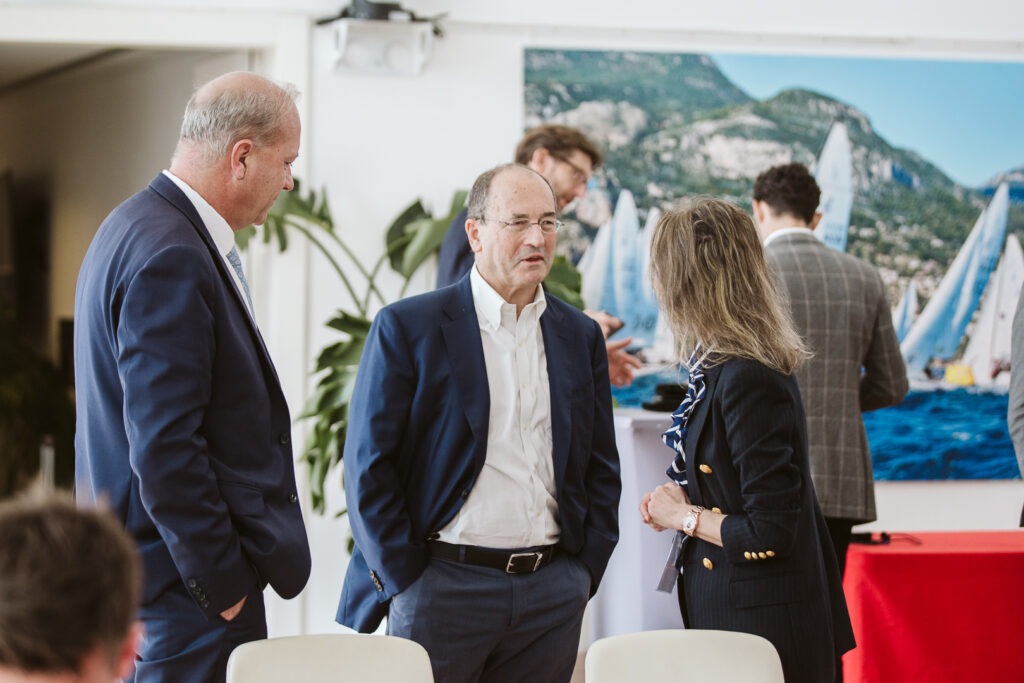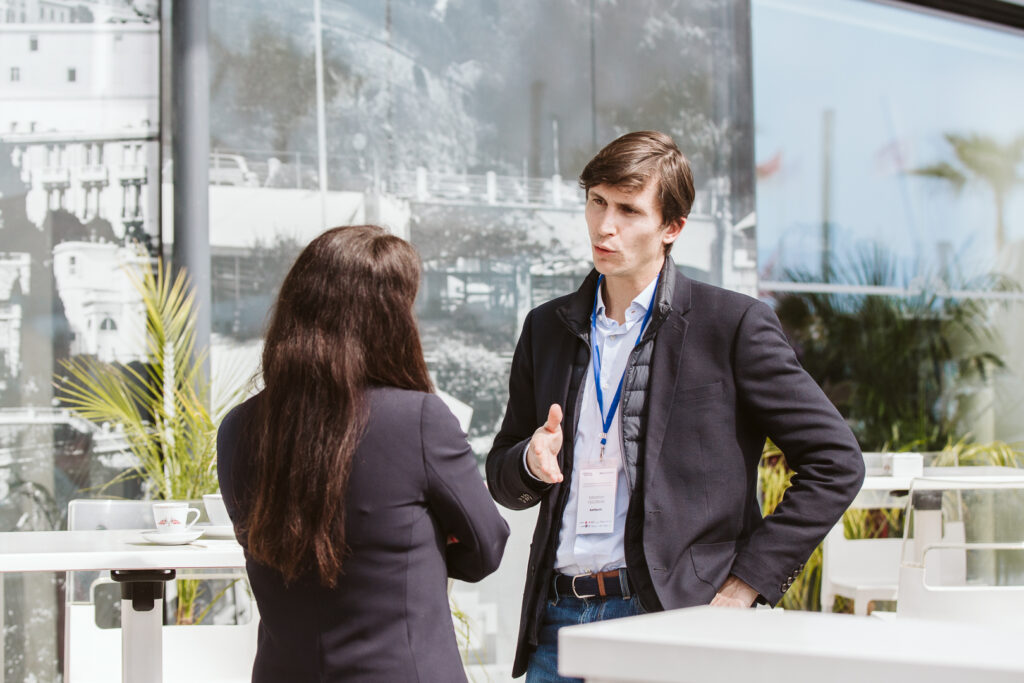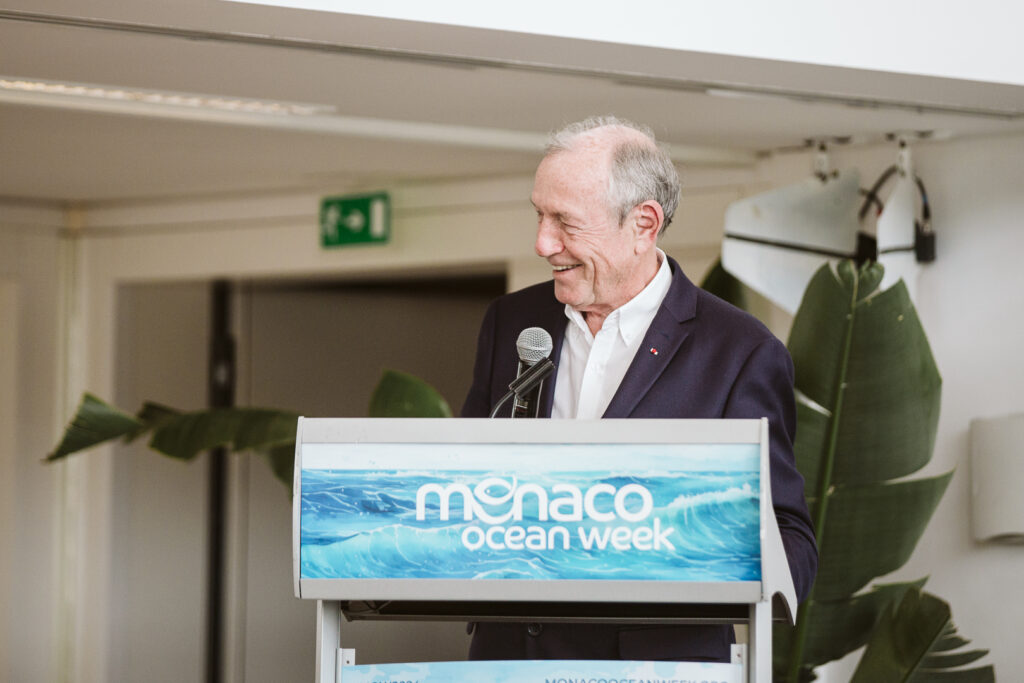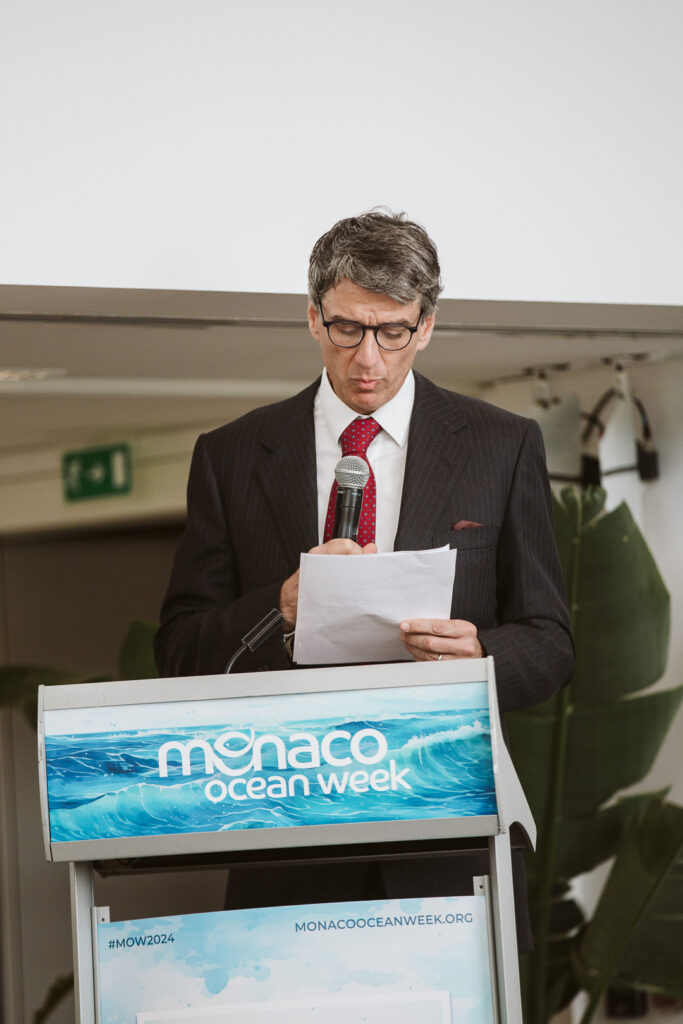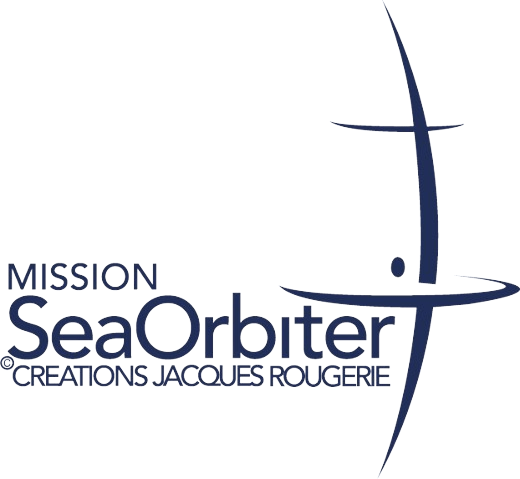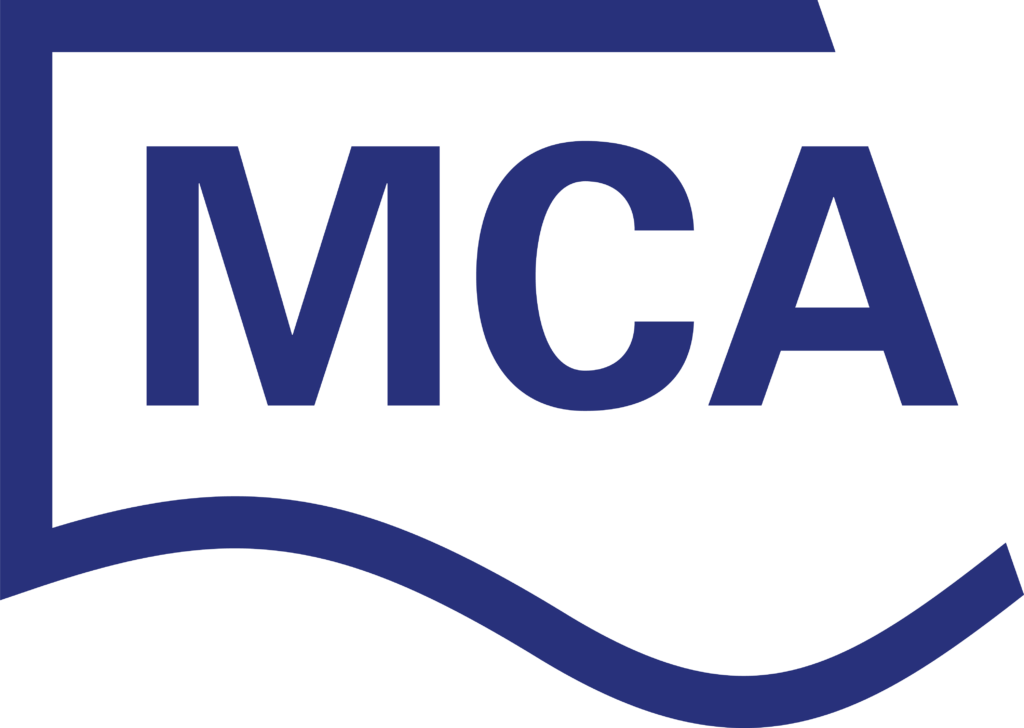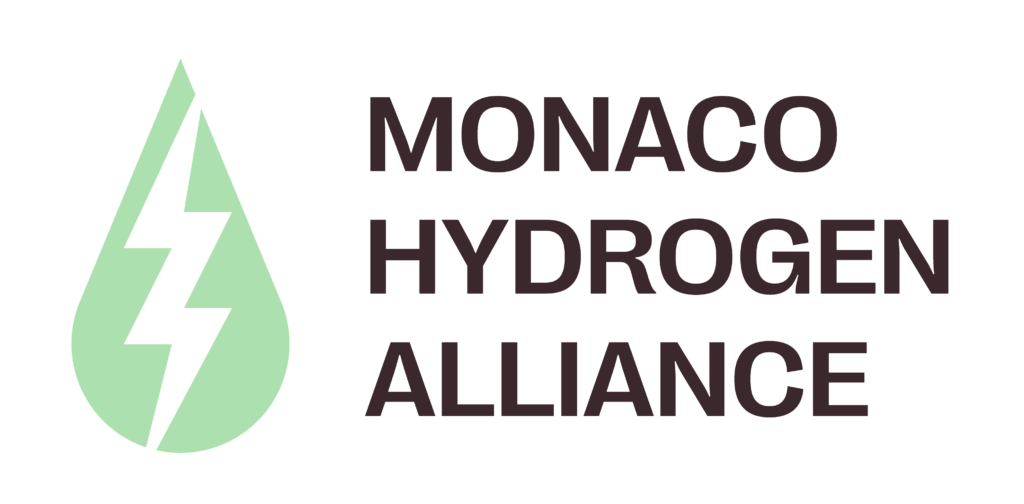- Ecosystem
- Actions

Start-up mode®
Tap into our expertise to assist your team in creating new value propositions and product concepts.

Deal flow
Connect with leading organizations to activate collaboration and investment opportunities.

Private Financing
Benefit from our network of private investors with whom we work in close collaboration.

Open Innovation Calls
Benefit from our close collaboration with a network of private investors to support your growth.

Start-up mode®
Tap into our expertise to assist your team in creating new value propositions and product concepts.

Deal flow
Connect with leading organizations to activate collaboration and investment opportunities.

Private Financing
Benefit from our network of private investors with whom we work in close collaboration.

Open Innovation Calls
Benefit from our close collaboration with a network of private investors to support your growth.
- Company

BLUMORPHO






